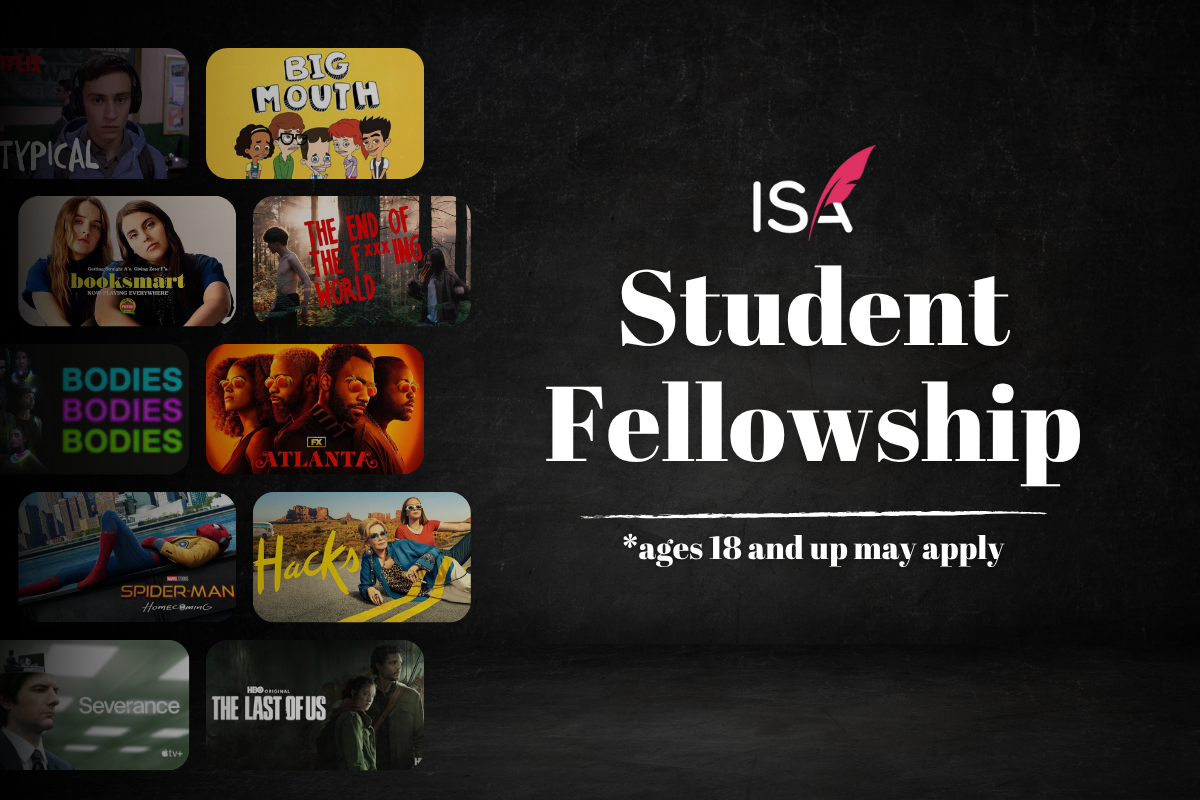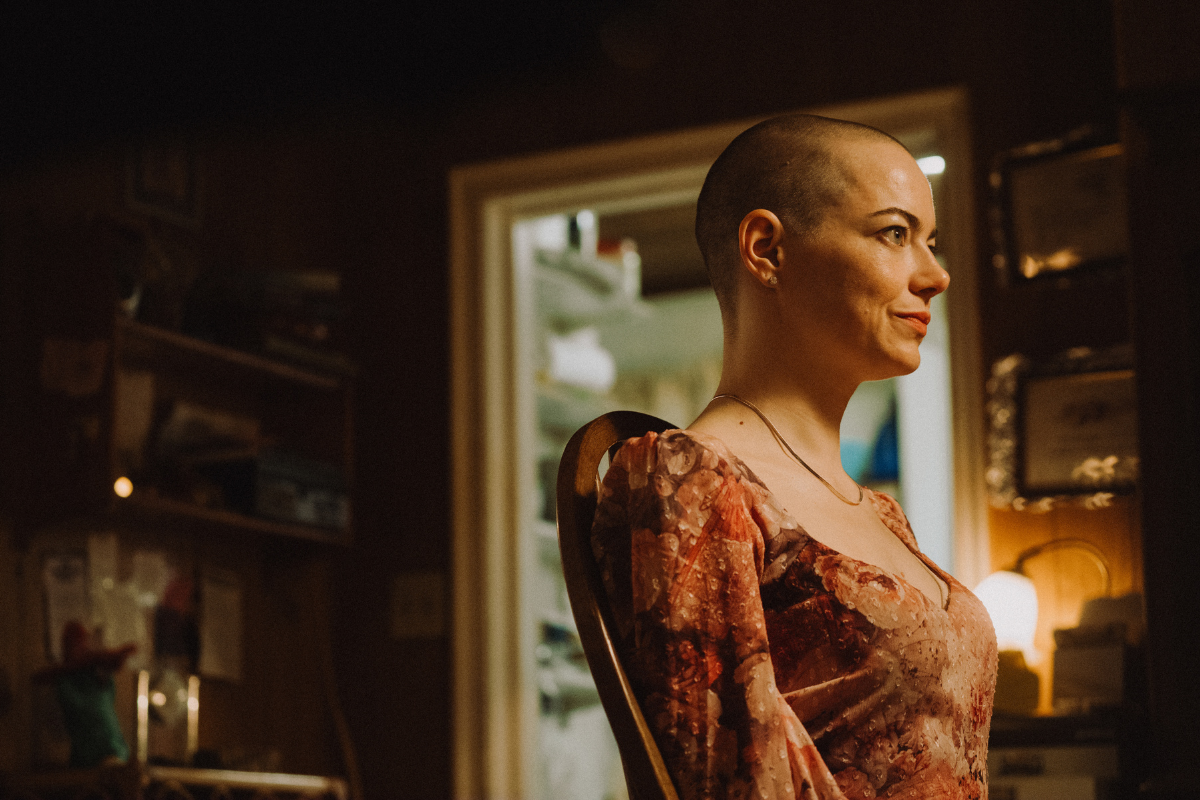Behind the Lines with DR: Record Spec Script Sales – The Million Dollar View
By Doug Richardson In a rare early collaboration, I co-penned a script with friend and former agent, Rick Jaffa. Though the partnership eventually collapsed under the weight of unreasonable expectation,…
By Doug Richardson
In a rare early collaboration, I co-penned a script with friend and former agent, Rick Jaffa. Though the partnership eventually collapsed under the weight of unreasonable expectation, the screenplay we wrote possessed a certain fire. It was a World War II action comedy titled Hell Bent and Back. Over six weeks, we’d channeled the best of what remained of our twelve-year-olds’ souls, and concocted a rag-tag tale of heists and heroics. I pressed the print button, the script was spit out, and while Rick and his lovely bride, Amanda, flew off to honeymoon in Tahiti, I confabbed with our mutual reps in order to determine strategy to sell it to the town.
Okay. So there really wasn’t much of a strategy. We assigned obvious producers to cover each of the major studios and essentially tossed the script to the wind and hoped it landed in a warm pool where the big fish were biting.
As an agent, Rick had sold his share of specs. But he’d never been on the nail-biting end of relinquishing your baby to the fates of the marketplace.
“All it takes is one yes,” I reminded him before he disembarked. It was advice I’d received a few times before. “Lucky for you, you’ll be on a beach somewhere.”
Speaking of beaches, my plan was to be enjoying the sand and a stack of paperbacks somewhere on Cape Cod before attending a wedding in Rhode Island during the spec sale… if there was even to be a sale.
It was a Tuesday when the script was messengered from of the William Morris offices in Beverly Hills. By my calculations, it would most likely be read overnight by the assigned producers and passed on to the studios by Thursday or Friday. If we were lucky, there’d be nibbles by Sunday or Monday. I’d been through similar dances a few times before. And because my recent script of Die Hard 2 had just received a green light from Fox, I felt pretty good about Hell Bent’s chances.
The soon-to-be War Department and myself were readying ourselves for a drive to Los Angeles International when somewhere around eight AM the phone rang. It was Mike Simpson from William Morris.
“Got a fish on,” said Mike.
“It’s only Wednesday,” I said.
“What can I say?” said Mike. “They bite when they bite.”
“So, what? A producer likes it?”
“Studio. At least that’s what Bob Cort says. Passed it along to Disney before he even read it.”
“Okay,” I said, experienced enough to keep my expectations below room temperature.
“Not just Disney,” Mike continued. “We’ve got producers trying to get offers from Warners and Fox.”
“Offers?”
“Didn’t I tell you? Cort said Disney’s gonna come back to us with an offer.”
No, he didn’t tell me. I wouldn’t have missed the word offer. Still, if producers find themselves in a competitive situation, they’ve been known to blow smoke up an axe sharpener’s ass if they think it will gain them a perceived edge. I told Mike I’d check in with him during my short layover at Dallas-Fort Worth. With that, I tried to put the spec sale out of my mind as I loaded the car and queued up in the Wednesday AM traffic. We were going to be late. Thank God the airline was running late.
Fast forward about four or so hours and we’d only just completed the first leg of a long, transcontinental travel day. After hiking what seemed like a mile through DFW, we’d arrived at the assigned gate just as the aircraft was boarding. With a kiss, I promised my War Department-to-be I’d join her on the plane before our connecting flight pushed back.
“Hey, Mike. It’s Doug,” I said into a payphone with a ridiculously weak speaker output while standing in the middle of a loud, crowded airline terminal.
“One million dollars,” said Mike.
“Sorry, Mike,” I said. “Crazy loud in here. What was that?”
“One million dollars. Preemptive bid from Disney to take it off the market right now.”
Yes. I’d definitely heard the million dollars part. But he’d followed by saying the offer was from Disney. This is where, once again, I questioned the pay phone’s actual working condition. Disney had an iron grip on the mantle of Hollywood’s most tight-fisted studio. So cheap that if it weren’t for the lousy pre-nup he’d signed, Mickey Mouse would’ve demanded a divorce.
“Yes, Disney!” shouted Mike. “They want it so bad that they want it off the table at a million.”
Now, let me tell you a thing or two about spec sales. There’s a lot of big numbers tossed around. And the amounts that usually end up making news are floated by agents and managers looking to advertise their brand. The final figure that’s printed isn’t necessarily what the writer ultimately receives. Instead it’s often a best-case contractual scenario, assuming the movie gets made, the writer receives sole credit, and Lindsay Lohan gets actual jail time.
But this wasn’t one of those times.
“Million dollars guaranteed,” said Mike. “No option on anything. They wanna buy it lock, stock, and everything else.”
“I gotta get on the plane, Mike. What do you need from me?”
“I need permission to close.”
“You talked to Rick?”
“He’s somewhere over the Pacific, on the way back from the honeymoon. He doesn’t have a clue.”
“Then close it,” I said.
“You said ‘close it,’ right? We’re good at a million?”
“Whaddayou think, Mike?” I laughed. “I gotta go.”
I hung up and rushed for the gate. I ran down the ramp as the doors shut behind me, then worked my way to the back of the aircraft and found Karen with my unoccupied seat right next to her. I slid in, buckled, and eventually exhaled.
“So?” she asked.
“So, we sold it.”
“Sold it? Really? Already?”
“Just told Mike to close.”
“How much?”
Because we were squeezed into the middle row of seats in a slam-packed DC-10, I whispered the number in her ear. If there ever was a picture of a gobsmacked face, it was the War Department’s on that summer Wednesday.
Now, it’s my nature to underplay things. Especially good news. Not that I want to appear too cool to care. I’m just not necessarily public in my displays. Yet what I would’ve given for a cell phone to call my mom and pop, both of whom had once thought I’d never make a tarnished nickel in the writing biz. Instead, Karen and I sat sandwiched between total strangers in the steerage of an American Airlines wide body.
Then, shortly after we taxied from the gate, the aircraft malfunctioned and, before we were even in wheels up and on our way to Boston, we ended up sitting on the hot Texas tarmac for three steamy hours.
The irony wasn’t lost on Karen and me. We’d just closed a record script deal yet we were stuck in the stuffy cheap seats of a broken down jet. Had there been an automated upgrade-to-first-class button I would’ve pressed it, skipped up the aisle, and ordered champagne for the plane. In retrospect, though, I’m glad it went down the way it did, sharing the moment and tiny packs of mixed nuts with the only person who truly mattered.
Our arrival in Beantown was so late I didn’t feel like calling anybody. If I recall correctly, we drove directly to the Cape and melted into the clean sheets of my in-law’s rental house. Sometime near noon, I excused myself from the beach and padded down to the pay phone near the lobster shack. I dialed my answering machine and, mixed with the sound of waves, wind, and seagulls, listened to what seemed like an endless rewind. The audiotape on the device had been run dry with calls of congratulations from just about everybody who’d ever possessed my number. It would’ve been more satisfying if I hadn’t run out of spare change.
Despite Hell Bent and Back becoming a record spec sale for a screenplay, our hold at number one didn’t last long. It was as if it opened the floodgates. A spec script war of mutually assured destruction broke out amongst the studios. For the next year, it seemed a month didn’t go by without a new team or writers finding their feet atop a growing monkey pile of million-dollar babies.
Next came a whole bunch of free press. Most of which painted our newly-minted club as a bunch of wet-behind-the-ears lottery winners, when in fact more most of us were in our thirties, credited with other movies, and more than experienced at our trade. (For more, read New York Magazine article.) When the gold dust finally settled, studios pulled back the reins on their spending once they realized that getting caught up in high-dollar script auctions had become more much about agents learning to manipulate the market and less about profitable movies. In fact, most of the million dollar scripts never made it into production.
Included on that ignoble list is Hell Bent and Back.
A few years after my short-lived partnership with Rick exploded into a fireball only Michael Bay would cherish, I found the time to pen another spec. My first since Hell Bent. I released the new script to the market on a Friday. Then on Monday came a front page Variety headline:
Movie Spec Sales. From Heyday to May Day.
Years later, I still find time to laugh. To me, that trade paper headline proved a fitting and ironic bookend to a wondrous, spec script adventure. Not to mention a lesson in understanding the always unpredictable and ever-changing tides of the marketplace in which we play.
Read Doug’s new thriller, BLOOD MONEY. Available in trade paperback and ebook at Amazon.com and Barnes and Noble.
Related Articles:
- More Behind the Lines with Doug Richardson
- Script Angel: The Screenwriter’s Survival Guide to Production
- Script Angel: The Script Development Process
Tools to Help:
Doug Richardson cut his teeth writing movies like Die Hard, Die Harder, Bad Boys and Hostage. But scratch the surface and discover he thinks there’s a killer inside all of us. His Lucky Dey books exist between the gutter and the glitter of a morally suspect landscape he calls Luckyland—aka Los Angeles—the city of Doug’s birth and where he lives with his wife, two children, three big mutts, and the dead body he’s still semi-convinced is buried in his San Fernando Valley back yard. Follow Doug on Twitter @byDougRich.







